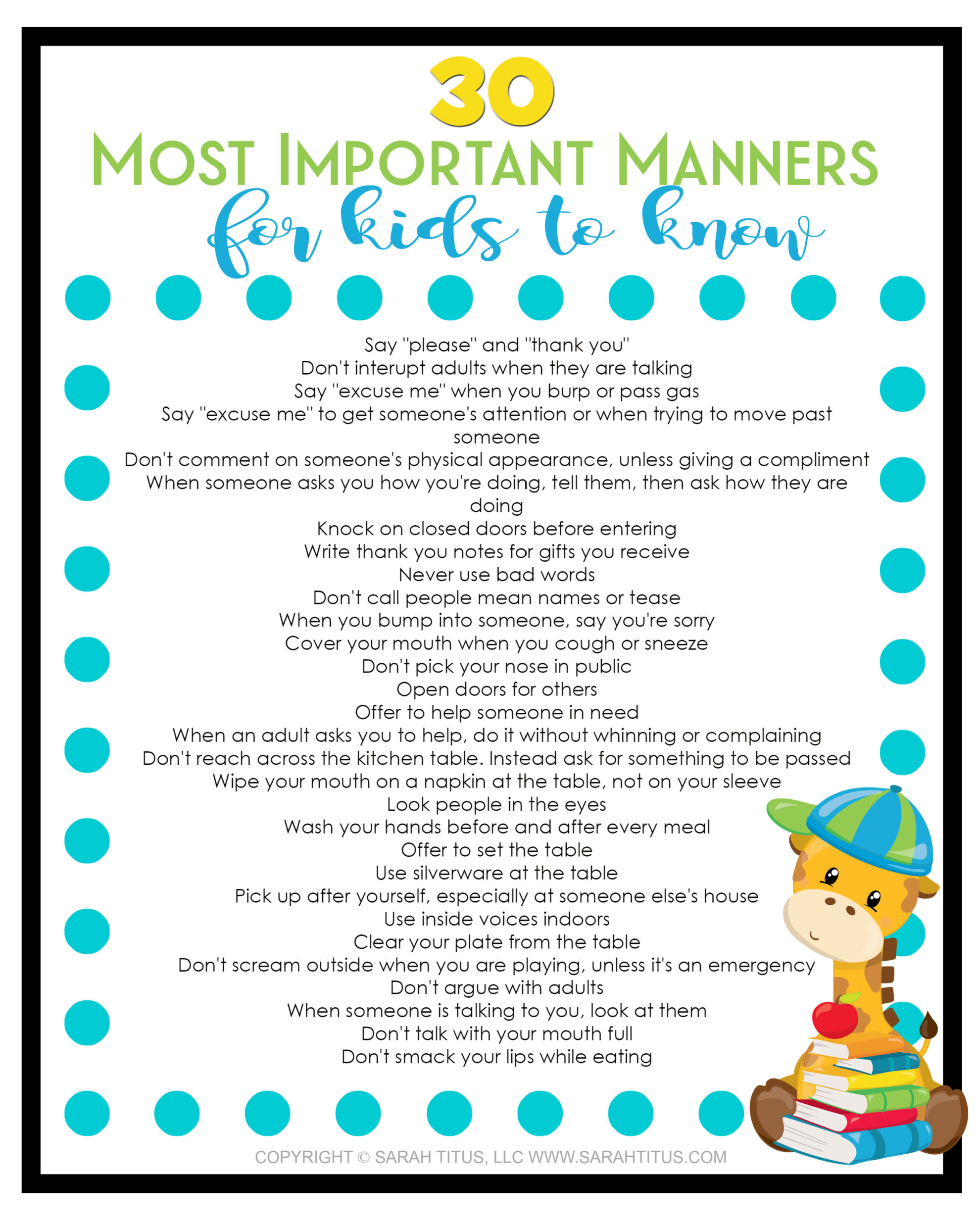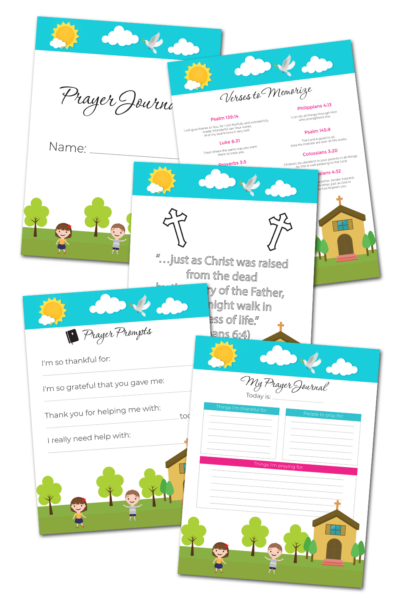Chances are if you are reading this, you are a busy mom. As a single mom myself, I definitely know what it’s like to be running from sun-up to sun-down, and while there are no short cuts to parenting, there ARE some things you can do to make a difference, even when your time is limited.
Since my kids are school age, I don’t get much time with them. It’s basically at night and weekends. But one of the most important things that I try to do is make those nights and weekends count. Look at my children in the eyes, be present. Talk about their day and enjoy their company.
Have you ever wondered how some children act one way in public while others act a completely different way? Do you want to teach your children manners and respect, but don’t know where to start and don’t have to time to learn all the ins and out of basic manners. This busy mom’s guide to teaching your children manners is for you!
Busy Mom’s Guide to Teaching Your Children Manners
Be a Good Manners Model
Children often imitate what they see at home. It doesn’t take any extra time to be polite yourself. If you want your children to have good manners in school and at home etc, using good manners with family members and in public will help to show your child how you act. Talking about why you act in those ways will help her to understand why it is important to be polite to people.
Call Attention to Examples of Bad Manners
I have to admit that I talk behind people’s backs. If their kids are acting up or showing bad behavior and bad manners, you better believe I’m “that” mom in the car who brings it up into conversation about how that wasn’t nice.
When you see an example of someone using “bad manners” (i.e. not being kind to a salesperson, talking on their phone at inappropriate times, etc.), talk about the list of bad manners with your child. Talk about what action would have been nicer to the other person and what they should have done instead. Just make sure that you’re out of earshot before having the conversation!
Call Attention to Examples of Good Manners
Similar to bad behavior and manners, I’m also pointing out the good in others. When I see a little child helping their mom put the groceries on the conveyor belt, I’m pointing that out to my kids. If the child is in front of me, I’m “one of those moms” that will tell the child doing it what a great helper she is.
The point is that you don’t want to JUST focus on the bad, or JUST focus on the good, but be balanced and consistent in teaching manners activities. It takes very little effort to tell someone they are doing a good job and usually…a kind word from a stranger makes that little kid’s whole day and promotes THEM to continue in THEIR good behavior.
Click here to print the printable, 30 Most Important Manners for Kids to Know.
Write Thank You Notes (and have the kids help)
Teaching gratitude from a young age will make the “thank you’s” come easier as she gets older. After your child’s birthday, write thank you notes together for her gifts. At first, it may be all of your writing and her scribble at the end. Eventually it will lead to notes that are completely written by her. Thank you notes help your child to appreciate the things that people have done for her.
Time buster: Do this while waiting at the doctor’s office or sitting in the car waiting to pick up your kids from school. In a doctor’s office, the kids are coloring anyway, why not color a thank you note instead?!?!
Require “Pleases” and “Thank Yous” for the Little Things
When your child asks you for something, require her to say “please” and after the request is granted, “thank you.” Teaching her to do this will result in her not saying “I want…” and will help her to understand the importance of being polite when asking someone for something. I do this every single time my kids ask and receive. I will literally hold my hand there and not finish giving it to them until they’ve said the appropriate words. I want them always to be very conscience of being grateful.
Talk at Dinner Time
Dinner is a great time to practice good manners. Using utensils correctly, not talking on the phone, and staying at the table until everyone is finished may be some examples of manners that you want to teach your child. Spending time early-on talking about what we do at the table (and what we don’t) will make for an easier time as your child gets older.
Practice, Practice, Practice
No child will be perfect with her manners all the time. Shoot, I’m not perfect at my manners all the time!! There will be forgotten “pleases” and “thank you’s,” she may forget to give a friend a turn on the swings, etc. Don’t give up! Gentle reminders about what should be done differently will help to reinforce good manners.
Take Turns
It’s natural that children want to play and don’t want to stop for another person to have a chance to do the same. Teaching her to give another child a turn will help her to understand that she isn’t the only person with the desire to play. Remind her that other people would like to play too and that she may have another turn later.
One of the best ways I do this with my daughter in particular is by playing games with her. In fact, we play Skip-Bo a lot because it is, quite literally, the ONLY game in which I have a fighting chance. Now, I consider myself to be very good at games, but somehow she always wins. I don’t let her and she’s not cheating. I don’t know how she does it. It’s just the way her mind works. Playing a game is a great way to teach your children to take turns.
Time buster: When you are in the car with your kids, play games. See who can find the most yellow cars in 5 minutes, but the trick is that they must take turns or no one wins the game.
Be Accountable
I know that this could go in a very ugly direction very quickly if you’re not careful, so use your best judgement if doing this step, but one of the things I LOVE about my kids is that they hold ME accountable. Listen, we ALL mess up. We ALL fail, and we ALL need reminders. I love it when my kids catch me doing something.
The other day, my 9 year old told me I was being a hypocrite. Now, please understand, she wasn’t doing it to be mean. She said it very lovingly, and that is key, but you know what? She was right. I told her (and God) I was sorry, and I turned away from the behavior that led her to think that. There was no sin involved, but it’s still a good idea to show them the proper response to short comings.












